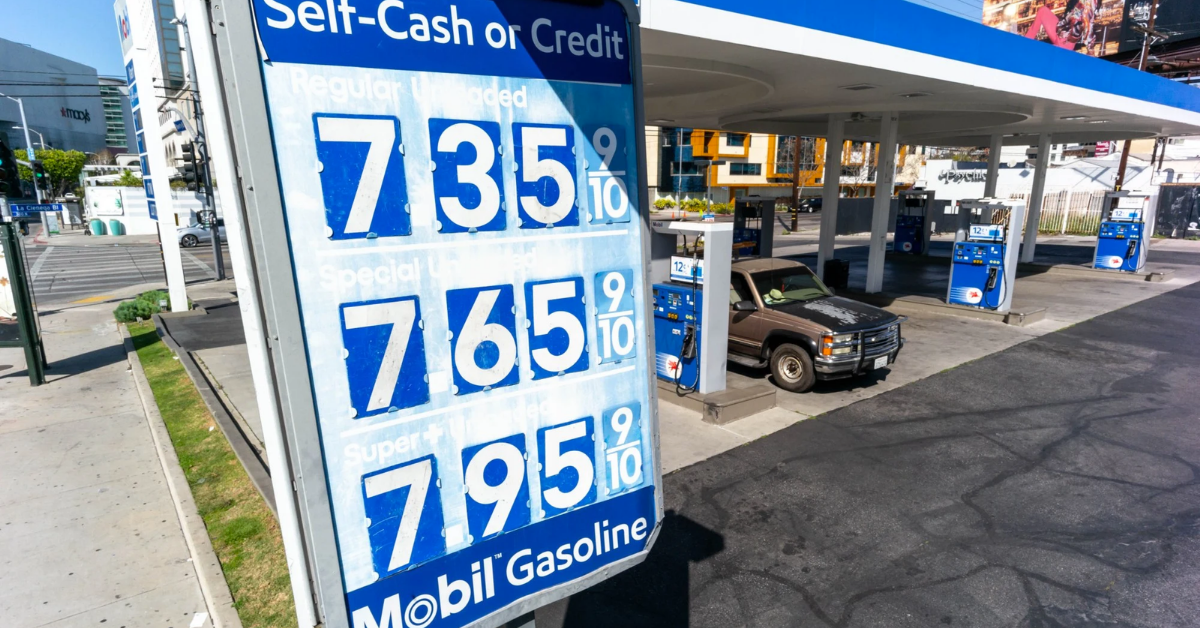New homes built in California starting in 2026 need to be powered by all-electric furnaces, stoves and other appliances if California is to meet its ambitious climate change goals over the next two decades, according to a state pollution-reduction plan released Tuesday.
The roadmap by the California Air Resources Board sets the state on a path to achieve “carbon neutrality” by 2045, meaning as much carbon is removed from the air as is emitted. The state’s timeline is among the most ambitious in the nation; Hawaii has a similar goal and some other states have a 2050 deadline.
California could reach its goals through a drastic transition away from fossil fuels that power cars, trucks, planes, ships, homes, businesses and other sectors of the economy. The board staff recommends the state cut the use of oil and gas by 91% by 2045 and use technology to capture and store carbon emissions from remaining sources.
The plan was put together by air board staff and it is not final; a public comment process will begin and the political appointees who make up the air board will ultimately decide whether to make any changes. The Legislature or other regulatory bodies would have to agree to put the various policies in place. The California Energy Commission, for example, sets building codes.
Still, state officials said the document represents an important step for California and the rest of the nation. California is the nation’s most populous state and has the world’s fifth largest economy compared to other nations. That economic power means the state’s policy choices can drive major business changes, and other states often follow California’s lead on climate policy.
“When final, this plan will serve as a model for other industrial economies around the world,” said Jared Blumenfeld, secretary of the California Environmental Protection Agency.
But neither environmental justice advocates nor the oil industry were happy.
The Western States Petroleum Association, meanwhile, decried the plan would mean more “bans, mandates and expensive regulations.”
“Forcing people to pick certain jobs, certain cars, certain homes, and certain times to use energy is out of touch with how ordinary people live,” WSPA President Catherine Reheis-Boyd said in a statement.











